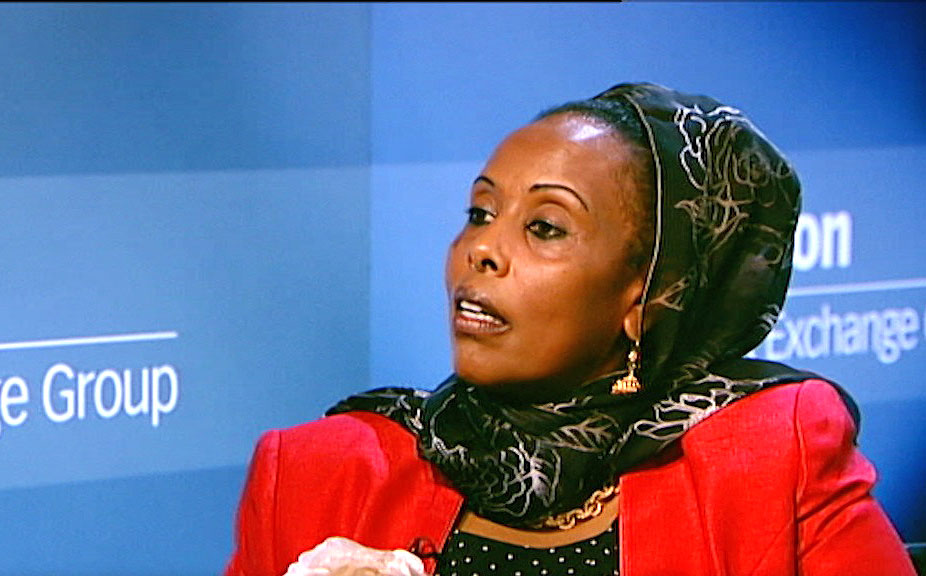The skyrocketing debt in Uganda has prompted Civil Society groups to intensify calls for Government to make legislations to tax digital companies so as to reduce dependency on loans and reduce poverty in their nations.
In the Monetary Policy Report for August 2021, Bank of Uganda revealed that the stock of public debt had grown from Shs65.83Trn as of June 2020 to Shs70.3Trn. The debt was further constrained by the Shs1.2Trn revenue shortfall registered by Uganda Revenue Authority.
The Southern and Eastern Africa Trade Information and Negotiations Institute (SEATINI) Uganda, East African Tax and Governance Network, Tax Justice Network Africa and Diakonia have embarked on discussions on how Uganda can operationalise the Domestic Revenue Moblisation strategy specifically Taxation of the Digital Economy & Public Private Partnerships so as to generate revenue to finance the budget.
Jane Nalunga, Executive Director (SEATINI) said the discussions are coming at the right time when Uganda’s debt is rising, yet the revenues have reduced, creating need to put on table alternative tax policy processes for our country.
Lyla Latif, Tax Expert from Kenya during the training said the biggest challenge facing taxing the digital platform is the language used in legal interpretation.
She cited a number of loopholes in the Digital Service Tax by Kenya that requires digital spaces to be taxed to have a physical presence or tax person, a move she says is hard to implement.
“We have made significant change in terms of language when it comes to taxing businesses. We have the law, but the problem is when it comes to applying the law to generate resources, we have a problem with legal interpretation and that is common with every law that our country imposes. Digital, we don’t have physical space, we have virtual spaces, which must be taxed,” remarked Latif.
At the continental level, The Organisation for Economic Co-operation and Development (OECD) is discussing new framework for international tax reforms for 130 member nations, and in one of the proposals, nations can tax digital platforms if they have a market within their jurisdiction and those platforms have earned more than Euros250,000 from that country.
However, Latif punched loopholes in the proposal by OECD wondering why a foreign currency (Euros) is used as a threshold and also asking how nations will be able to know how much Facebook has earned asking and where nations can obtain data on earnings of revenue by Facebook from Africa.
Latif said, “The OECD proposal isn’t conducive for African economies because it doesn’t allow us to maximize on how we can tax digital corporations that are foreign residents but earning their sources of income from African countries. The OCDE proposes a tax threshold that usually can’t be met by African nations. Euros10M with a low GDP, how many African economies with Euros40Bn
She also objected to the proposal to have tax on digital platforms like Facebook, Twitter, Amazon, Netflix etc, imposed by regional blocks like East African Community arguing that Tax is a matter of national sovereignty and tax sovereignty can’t be shared at regional economic level.
“It will be very difficult to say let us at EAC level start taxing digital platforms. At a national level, we don’t know how Uber earns from Kenyan or Uganda users or whether it exists in all countries. So how are we going to be able to set common trends? The same problem will come from EAC level on how much shall go to each member country. Again, we shall be put into the same legal challenge on how much tax shall be given to each specific country,” said Latif.
Africa Kiiza, Policy Analyst from Economic Research Policy Center said there is need to framers of tax policies to ban the criteria of companies having physical presence in jurisdictions to warrant taxation.
He said, “Africa is not against electronic commerce. The industry is unstoppable but it can be shaped. There is a requirement on a ban on local presence requirement. No local presence is no way to assess taxes.”
Experts Call On Gov’t To Devise Means Of Taxing Companies Operating Digitally





